Long before Silicon Valley, these unsung West Virginians were dreaming up game-changing innovations—some you probably use every day.
Before the glow of venture capital buzzed over San Francisco rooftops…
Before a hoodie became the new business suit…
Before “startup culture” became a term you couldn’t escape at a coffee shop…
There were folks in the hollers of West Virginia fiddlin’ with wires, carving out patents, and inventing world-changing stuff from the comfort of a barn, a shed, or the back of a workshop that doubled as a chicken coop.
That’s right. Long before tech had a zip code, the Mountain State was already churning out inventors—real thinkers, tinkerers, and trailblazers. And for some reason, no one ever seems to talk about them.
Well, let’s fix that.
Meet the Mind Behind Wireless Communication
Granville T. Woods – “The Black Edison”
Now, he was born in Ohio, but he spent critical years in Huntington, West Virginia—and that’s where his creative fire really caught. Granville Woods was one of the greatest inventors you’ve never heard of, especially if your history books weren’t exactly diverse.
He developed the induction telegraph system, a groundbreaking invention that allowed trains to communicate while moving—making travel exponentially safer. He also had patents related to the telephone, electric railways, and more. Without him, public transportation as we know it might still be stuck in the 19th century.
And guess who tried to take credit for his work? Thomas Edison. (Of course.)
The Woman Who Revolutionized Coffee (Yes, Really)
Melitta Bentz? Try Elsie Henderson of Charleston
Now you may not know her name (yet), but Elsie Henderson, a housewife and inventive thinker from Charleston, created a patented reusable coffee filter system in the early 20th century. At a time when most women couldn’t even get a bank account, she got a patent and sold the idea at the local hardware store. Her filter design predates many of the paper-based systems we know today.
She didn’t just dream up better coffee—she brewed up a little independence, too.
🧯Coal Mines, Safety, and an Unsung Genius
Howard Hughes (Not that one) – Beckley, WV
A coal miner by trade and an inventor by necessity, Hughes developed an early flame-resistant mining suit in the 1930s, which laid the groundwork for modern fire-retardant gear. It didn’t make headlines, but it saved lives. That’s a kind of fame worth remembering.
He worked from his kitchen table, using canvas, rubber, and a whole lot of Appalachian problem-solving. He never got rich—but his idea outlived him.
💡 The Light Bulb War You Never Heard Of
Lewis Latimer (Worked with Edison, Connected to Wheeling)
Okay, we have to talk about this one. Latimer was an African-American inventor and draftsman whose improved filament made the light bulb last longer and burn brighter. While he worked with Edison and Bell, he also spent time in West Virginia during his early years, where he studied mechanics and built the foundation for his later work.
His legacy got lost in the shadows of Edison’s PR machine, but no lightbulb burns bright without Latimer’s genius.
🛰️ West Virginia: Space Age Before the Space Race
Kathryn Johnson – White Sulphur Springs
Yes, the Katherine Johnson—mathematician extraordinaire from the NASA “Hidden Figures” story. She calculated trajectories for the Apollo missions, helped put a man on the moon, and broke barriers in both race and gender… all with roots deep in Greenbrier County.
Her brainpower didn’t come from some elite coastal academy. It came from a segregated school in the mountains. And it changed history.
🛠️ A Culture of Creation
These inventors weren’t anomalies—they were products of a culture that valued resourcefulness, grit, and getting the job done with what you had. In West Virginia, if something broke, you fixed it. If it didn’t exist, you built it. And if the odds were against you, you found another way.
Innovation wasn’t a buzzword. It was breakfast.
🧬 Why It Still Matters
These stories aren’t just history lessons. They’re fuel. They remind us that creativity, intelligence, and innovation don’t belong to the coasts. They live in every hollow, every small town, and every cluttered garage in West Virginia.
The next world-changing idea could come from a coal town, a farm, or a backyard shed. Why? Because that’s what’s always happened here.
We just finally decided to start telling the stories.
From forgotten to unforgettable—let’s honor the Mountain State minds that made more possible than they were ever credited for.


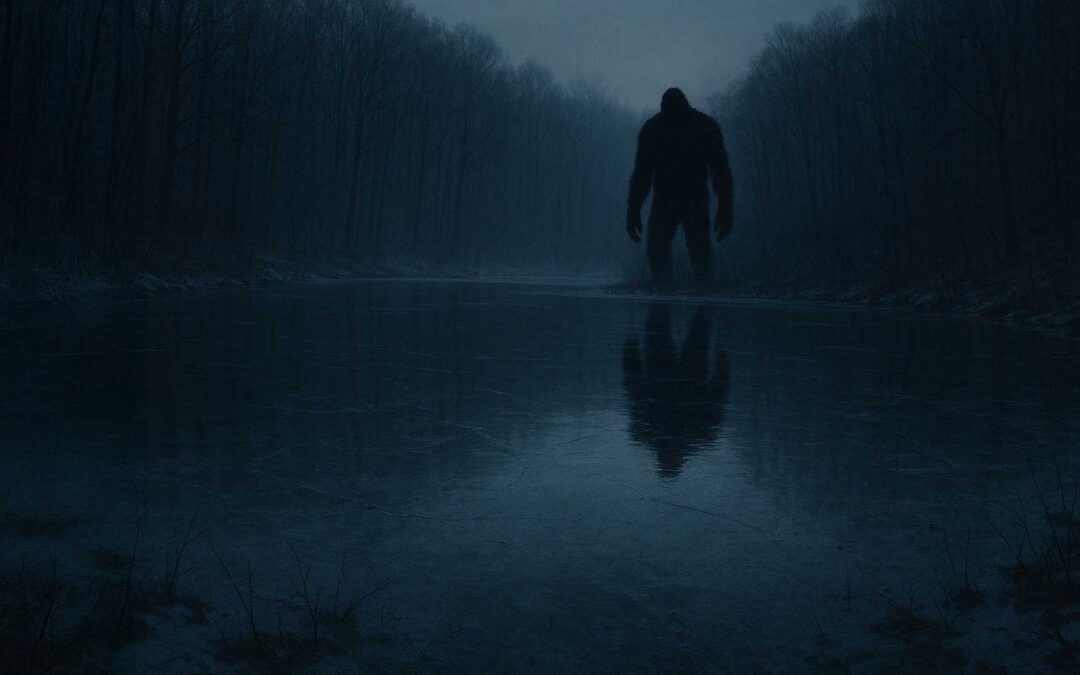
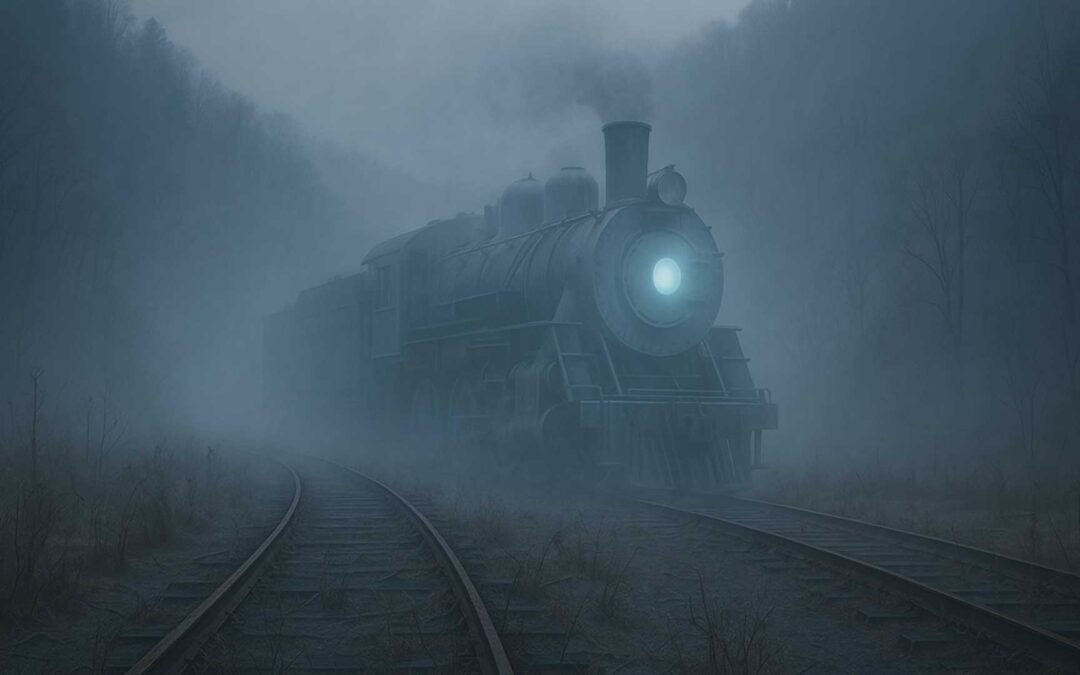


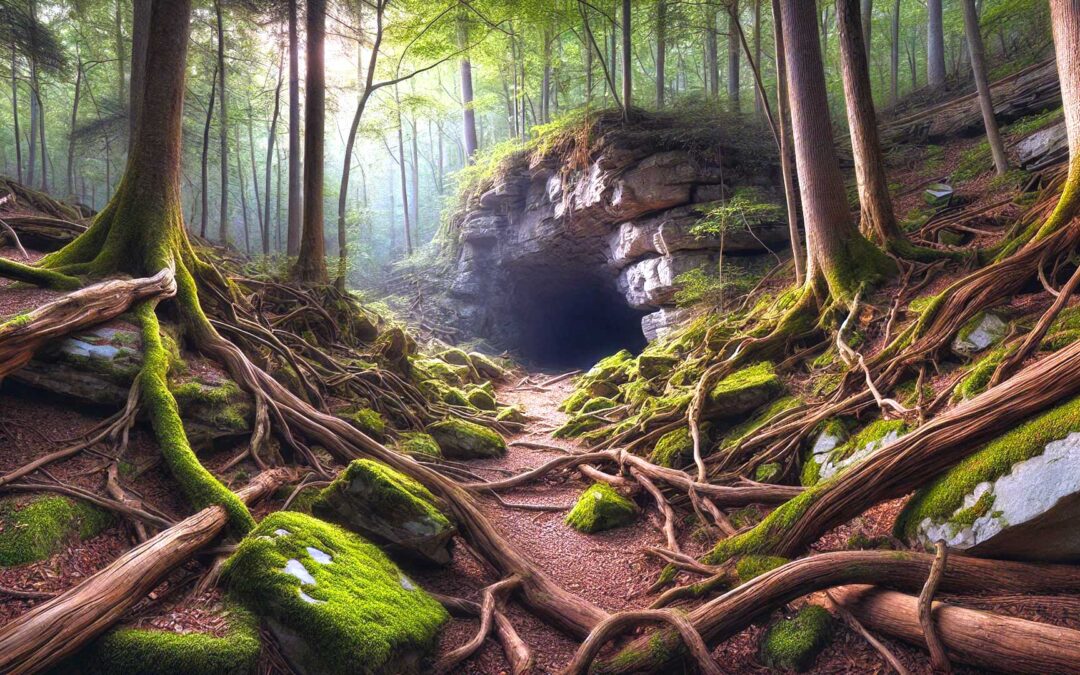

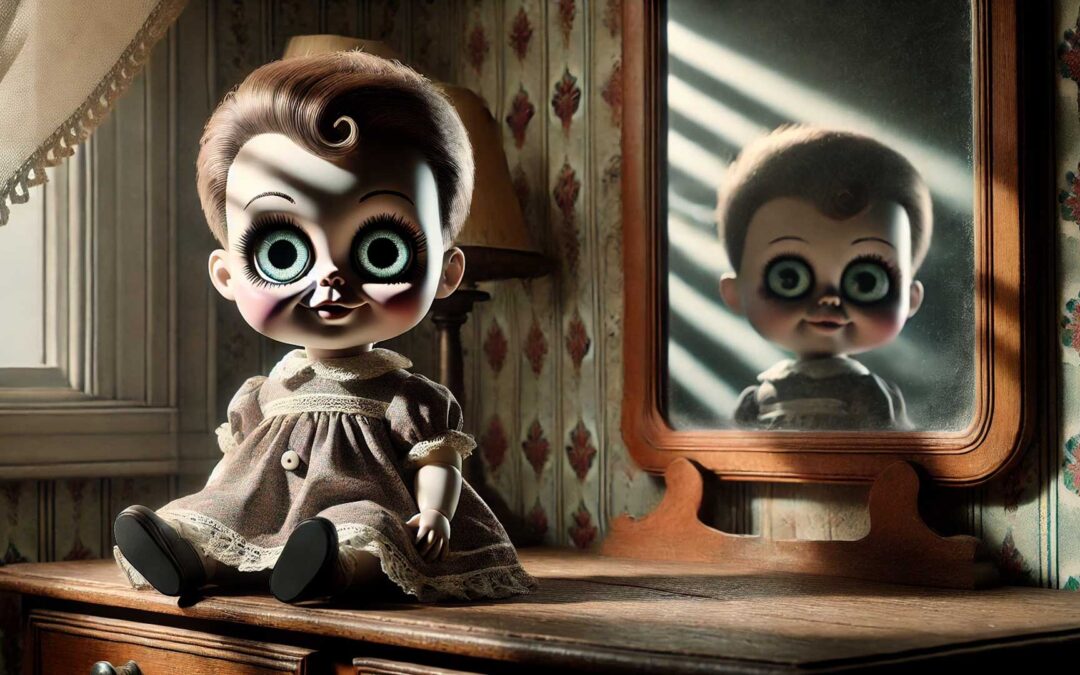

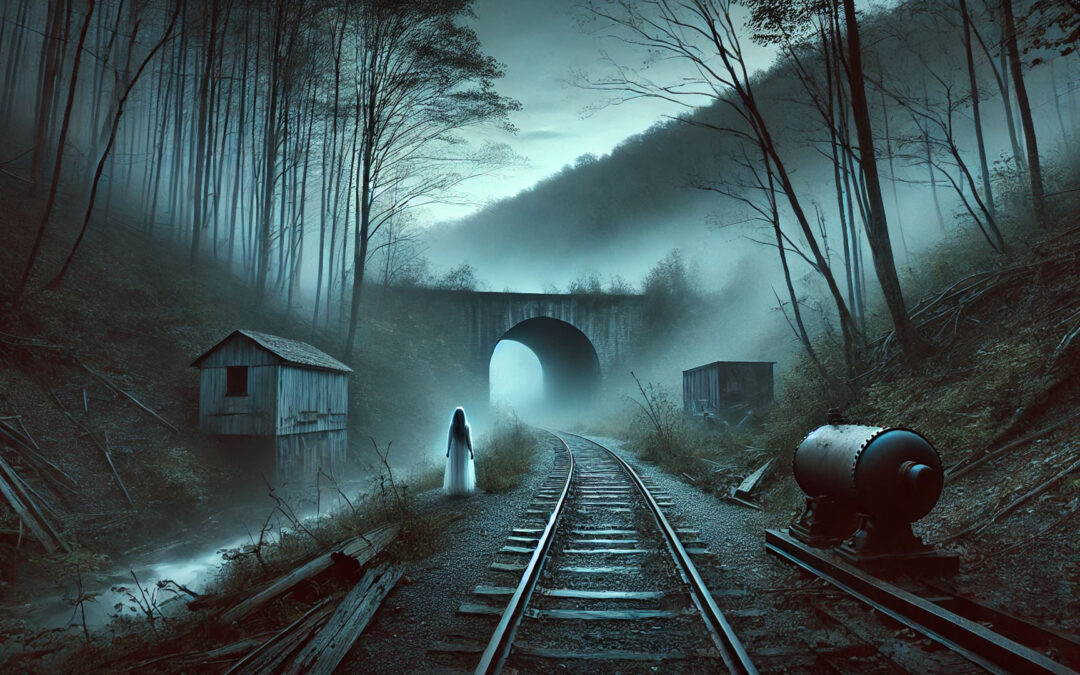



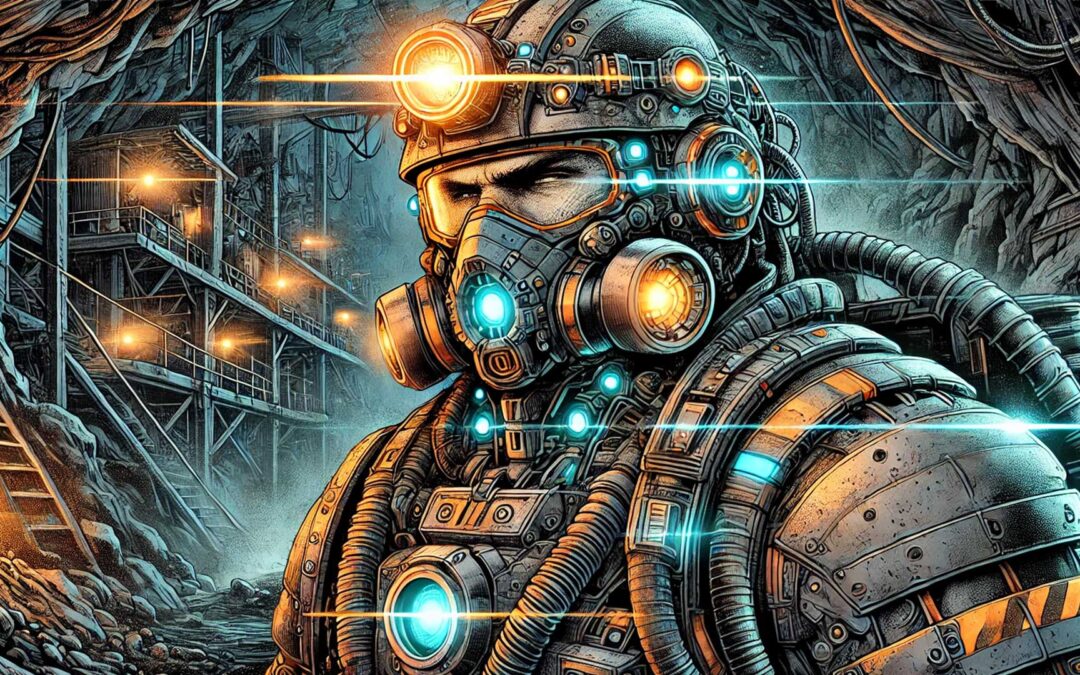
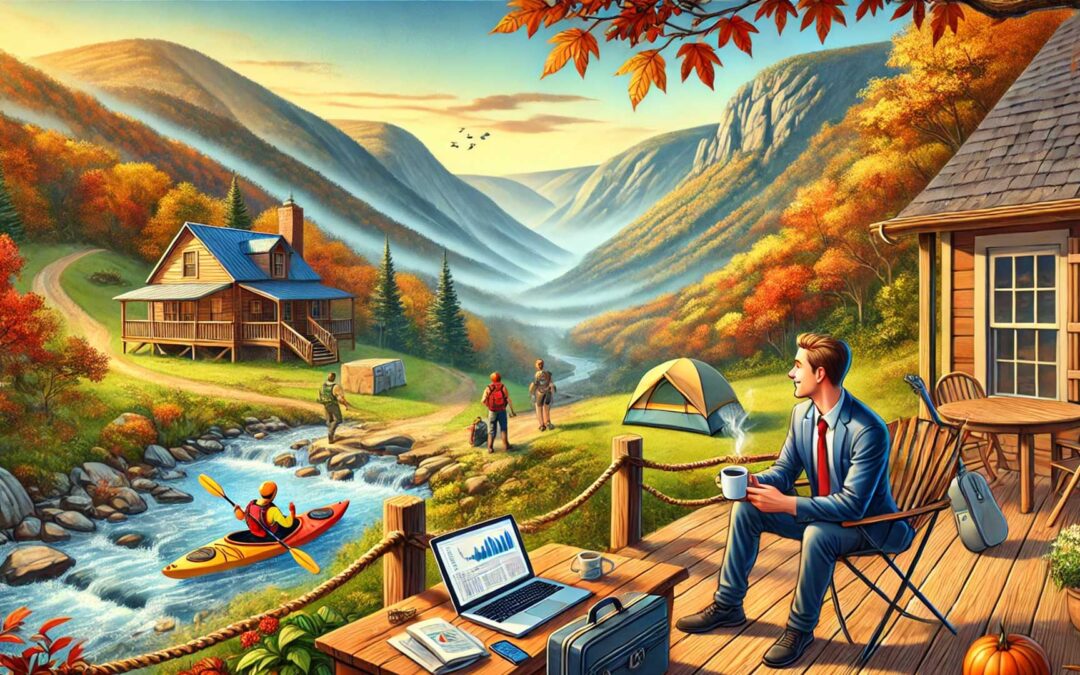




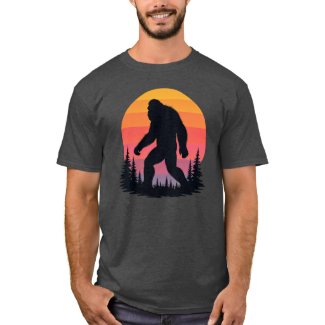

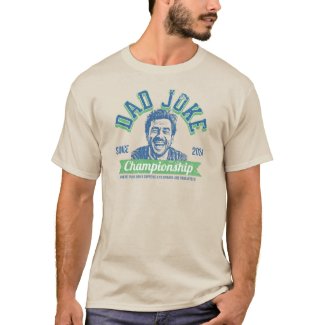

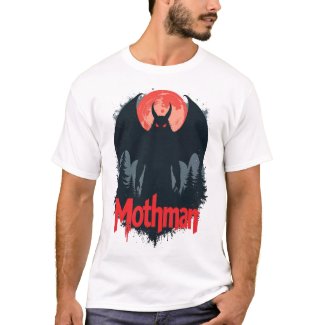
0 Comments